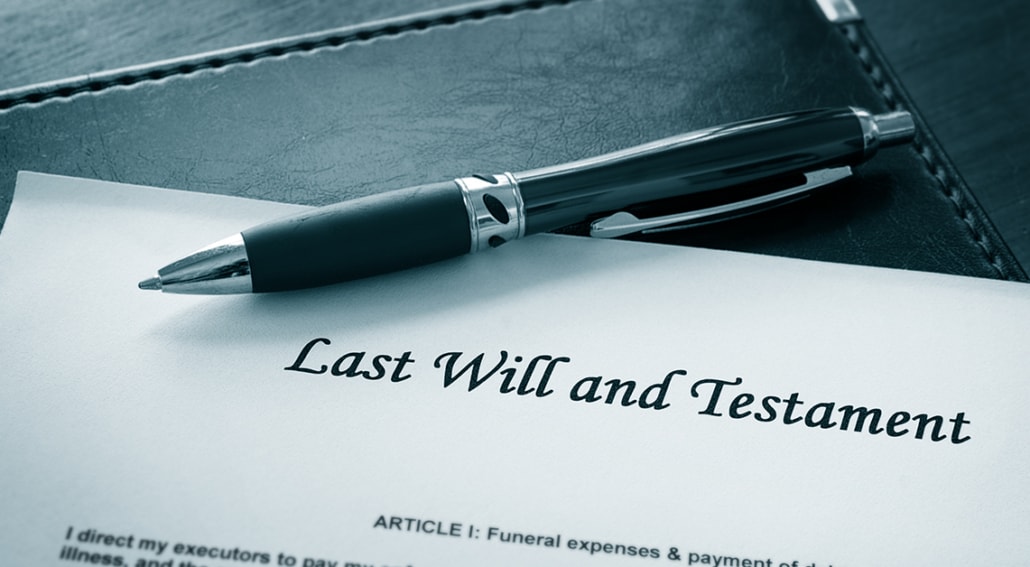Many individuals believe that writing a will is a difficult procedure that necessitates the assistance of an attorney. However, if you have a straightforward estate plan, you can make your own will without the assistance of a lawyer.
Here are some simple steps to make a will without a lawyer:
1. Choose how you'll make your will
You can write your will on paper, home computer, or use one of many free online forms. It’s your choice.
2. Include the text required to make your will legally enforceable
To be legally legitimate, all wills, regardless of how they are created, must meet specific criteria. To ensure that your will is legal, you must:
- Declare clearly in the document that this is your last will.
- Include your entire legal name so that it is clear who wrote the document.
- Declare that you are of sound mind and are not under any duress to write your will.
These lines make it obvious that you wish the paper to serve as your will. This clarity can help to avoid confusion and deter others from disputing your will in probate court.
3. Choose a guardian for your minor children
If you have minor children, you should choose a legal guardian. They will have the legal authority and responsibility to care for your children if you are incapacitated. In your will, you can name a trustworthy person to care for your children if you die. It's a good idea to choose a backup guardian in case your initial person is unable to complete their responsibilities.
4. List your assets
In your will, write down all of your assets. This includes:
- Physical property — home, vehicles, and family heirlooms
- Financial assets — bank, investment, and retirement accounts
And be specific, write the name, year, color, and serial numbers of your car, for example.
5. Choose who will get each of your assets
After you've identified your assets, you must select the people or organizations that will get each asset. These heirs are referred to as "beneficiaries." Again, be specific - provide each of your recipients' complete legal names. If you want to leave assets to a nonprofit, mention their EIN so they can be identified. It's also a good idea to name backup beneficiaries for all of your assets in case your primary beneficiary dies.
Check that your beneficiary designations are consistent with the beneficiaries you name for non-probate assets such as your life insurance policy.
6. Choose a residuary beneficiary
The remainder of your estate is distributed to your residuary beneficiary. This could include assets that other beneficiaries did not claim or assets for which you did not name a beneficiary. Your residuary beneficiary could be a charitable organization.
7. Decide what should happen to your pets
Pets are legally considered property. This implies you cannot identify them as a beneficiary or leave them as assets. However, you can appoint a pet guardian to look after your pet if you die. You can also set money aside from your estate to pay the cost of their care.
8. Choose a will executor
A will executor is the person who will read your will and carry out your last wishes. They will have to handle the probate process, distribute property to your beneficiaries, and perform other tasks as well.
9. Print and sign your will in front of witnesses
Without your signature, your will is null and void! When you sign your will, you should have witnesses to sign it as well. State laws on witnessing differ, but most states require two uninterested witnesses. No one named in your will or who receives something from your estate can be your witness.
10. Store your will in a safe place
Once your will has been created, signed, and witnessed, it should be kept in a secure place. Inform your loved ones and the executor of your will of its location so that they will know where to search when the time comes.
Why you might want a lawyer to help with your last will?
A will lawyer gives professional advice, drafts wills, and represents clients in court. They clarify legal concerns, conduct case studies, examine official documentation, and counsel clients on litigation procedures. When it comes to a specific client's case, they pay close attention to the legal system elements and look for appropriate evidence and papers to back the arguments.
Main reasons to hire a lawyer to make a will:
- They will make sure that you have all of the necessary documentation for the inheritance process.
- They will guarantee that you apply the proper provisions while creating a new will or updating an existing one.
- They will ensure that the document is free of errors and that it is a legal document that is valid in the eyes of the law.
- They may be your will executor.






Comments